Systemic Dysfunction and Problems, Toronto
Toronto - Osteopathy Clinic - Systemic Dysfunction and Problems
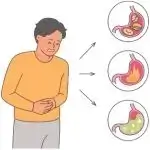
Systemic Dysfunction and Problems, Osteopathy Clinic, Toronto
Osteopathy has been used for centuries to treat a variety of systemic problems. Recent research has shown that osteopathy may be an effective treatment for systemic dysfunction and problems. Our Toronto Osteopathy Clinic is based on the premise that the structures of the body are connected. When a problem occurs in one part of the body, it may cause dysfunction or pain in other parts of the body.
Osteopathy is a form of treatment that uses manual manipulation of the bones and muscles to help improve function and relieve pain. Systemic dysfunction is a problem that affects the entire body, and can be caused by a variety of factors.
Osteopathy can be an effective treatment for systemic dysfunction and problems.
Systemic Dysfunction is a term used to describe a state of body function that is characterized by a disruption in the normal balance of the musculoskeletal, cardiovascular, respiratory, and digestive systems.
This disruption can lead to problems such as pain, inflammation, and reduced organ function. The osteopathic approach to treatment is aimed at restoring balance and harmony to the body, which can help to resolve or improve symptoms.
Many different factors can cause systemic dysfunction, including infection, injury, and genetics. Symptoms of systemic dysfunction can include fever, fatigue, muscle pain, and headache.
Toronto's Best Manual Osteopath Practitioners
Systemic dysfunction is a widespread problem in modern society. It can be caused by a variety of factors, including poor diet and exercise, chronic stress, and toxins in the environment.
Osteopathy is a traditional medicine that has been used for centuries to treat systemic dysfunction. Osteopath use their hands and fingers to massage the body’s internal organs and muscles. This treatment can help improve the flow of energy through the body and restore balance within the system.
In conclusion, osteopathy is a safe and effective treatment for a variety of systemic problems. It can be used to treat neurological syndromes, digestive disorders, genitourinary problems, chronic infectious disease, and circulatory problems. If you are suffering from any of these conditions, don’t hesitate to contact osteopath at Toronto Naturopath Osteopath Clinic.
Neurological Syndromes
Neurological syndromes are a group of disorders that affect the brain. These disorders can cause problems with movement, speech, memory, and thinking. Some neurological syndromes are caused by damage to the brain or by abnormalities in the way the brain works.
Others are caused by conditions such as head injury, stroke, and alzheimer’s disease.
Some neurological syndromes are common, while others are rare. Other neurological syndromes are caused by problems with the way the brain processes information.
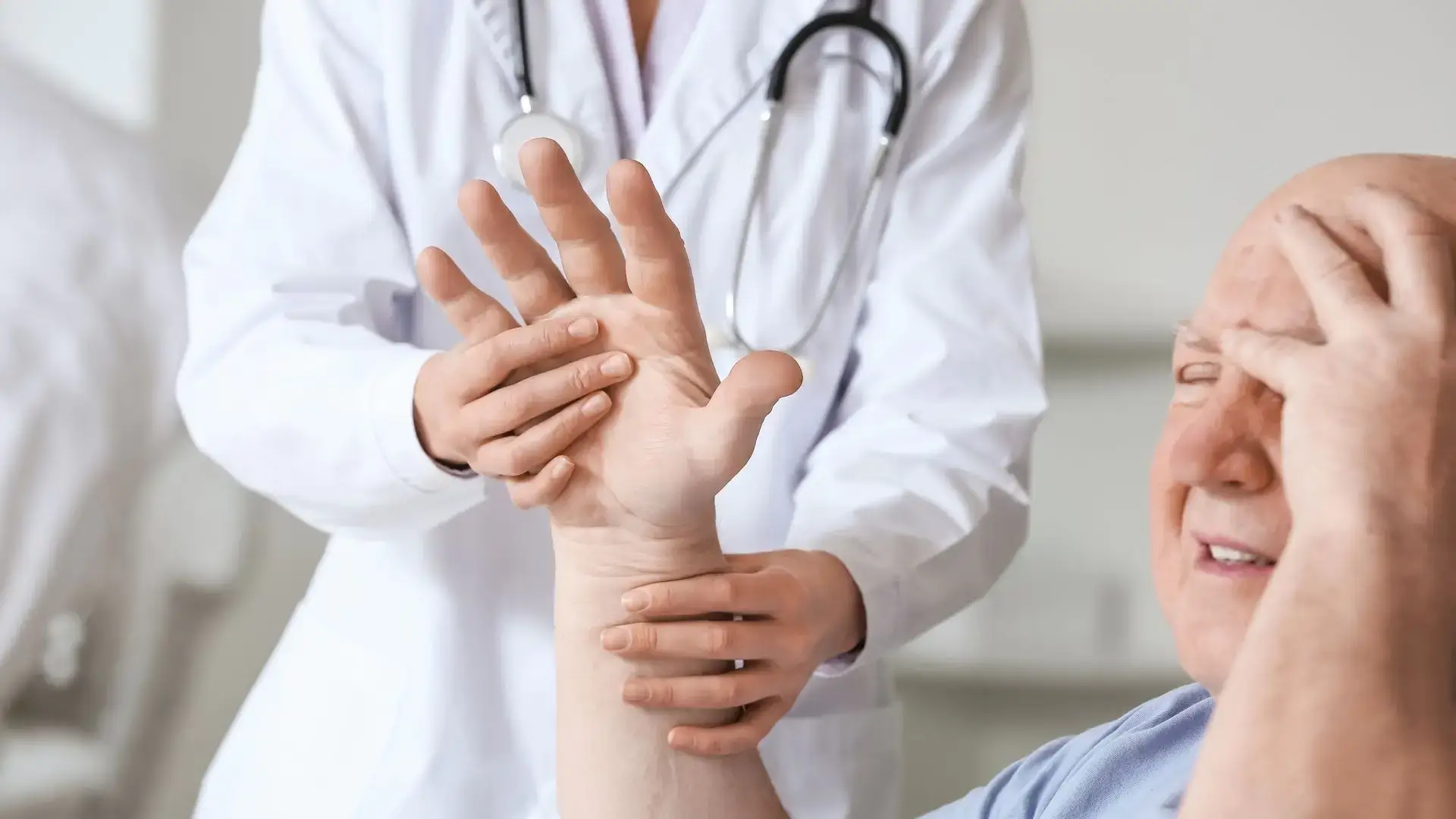
Digestive Disorders
Digestive disorders are a group of illnesses that affect the digestive system. These illnesses can cause problems with food digestion, absorption, and elimination. Digestive disorders can also lead to other health problems, including weight gain and obesity.
Some common digestive disorders include irritable bowel syndrome (IBS), Crohn’s disease, and ulcerative colitis. Digestive disorders can be caused by a variety of things, including GERD (gastroesophageal reflux disease), Crohn’s disease, and celiac disease.

Genitourinary Problems
There are many different types of genitourinary problems. Some of the most common are urinary tract infections, cystitis, and prostatitis. Others may have problems with their reproductive organs, such as fertility issues or chronic pain.
Certain diseases can also affect the genitourinary system, including kidney stones and cancer. Each can cause pain, difficulty urinating, and a host of other unpleasant symptoms. If you notice any of these signs and symptoms, it’s important to contact our Osteopathic Practitioners.
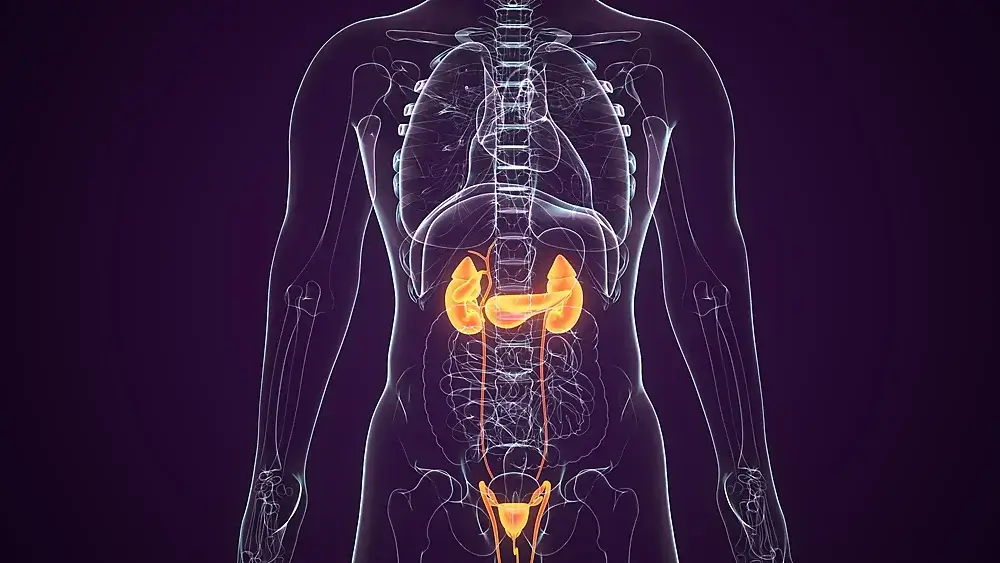
Chronic Infectious Disease
Chronic infectious diseases (CIDs) are a group of infections that persist for more than 3 months. They can be caused by a variety of pathogens, including the common cold and cancer. CIDs can be very serious and can lead to long-term health problems. Treatment is often complicated and requires the coordinated effort of many different healthcare professionals. These illnesses can be caused by viruses, bacteria, or parasites and can persist for years without causing serious health problems. Some of the most common chronic infections include hepatitis C, HIV/AIDS, and Crohn’s disease. Managing these diseases requires early detection and treatment, which is challenging because many people don’t get sick until they have already developed significant health problems.

Circulatory Problems
One of the most common medical conditions is circulation. When blood flow to a part of the body is blocked, it can cause intense pain and discomfort. There are a variety of circulatory problems that can occur, and they can range from mild to life-threatening. If you experience any type of discomfort or pain in your extremities, it’s important to talk to your doctor and osteopaths about what may be causing it.
Some of the most common include heart disease, stroke, and peripheral vascular disease. Each of these problems can have a significant impact on a person’s life, and it is important to seek out help if you notice any signs or symptoms. There are many ways to prevent these problems from occurring, and early detection is critical.

Osteopath Services at Toronto Naturopath Osteopath Clinic
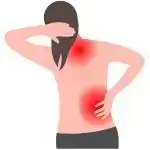
Osteopath Pain Management
Osteopath pain management is a field of medicine that uses manual therapies and other treatments to help people manage pain. Osteopathic pain management is often used to treat chronic pain, but can also be used to treat acute pain.

Osteopath Systemic Dysfunction and Problems
Osteopathic systemic dysfunction (OSD) is a term used to describe a state of body function that is characterized by a disruption in the normal balance of the musculoskeletal, cardiovascular, respiratory, and digestive systems.

Pregnancy
Osteopathy for Pregnancy is a form of treatment that focuses on the body’s structure and how it functions. Osteopaths believe that restrictions in movement or pain in one area of the body can cause problems in other parts of the body.
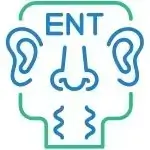
Ear, Nose and Throat Problems
Osteopathy is a form of manual medicine that uses specific techniques to diagnose and treat problems with the musculoskeletal system. Osteopaths believe that many health problems can be traced back to problems with the bones, muscles, and joints.

Pediatric Osteopathy (Babies and Children)
Pediatric Osteopathy is a form of holistic medicine that uses manual manipulation of the body to improve circulation and overall health. Osteopaths believe that this type of treatment can help with a wide range of issues, from ear infections to colic.
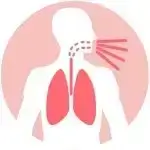
Respiratory Illness
Osteopathy is a form of manual medicine that uses the hands to diagnose and treat health problems. Osteopathy can be used to treat a wide variety of respiratory illnesses, including asthma, bronchitis, and pneumonia.
If you liked this content and found it to be informative, please rate it.
